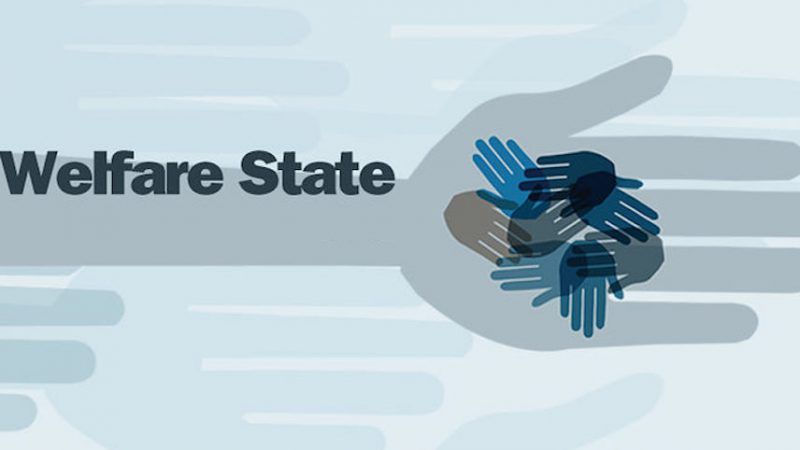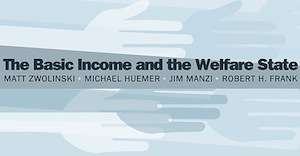Making the Welfare State Less Intrusive
Two thoughts on the basic income guarantee


As Elizabeth Nolan Brown noted here yesterday, Matt Zwolinski has an article at Cato Unbound making the case for replacing the current maze of welfare programs with a single basic income grant. His essay is the opening shot in a month-long debate, which I'm sure will be lively. As the other Unbound contributors prepare their arguments, there are two thoughts I'd like to drop into the mix:
1. When libertarians discuss this idea, a great deal of stress gets put on the idea that the grants should replace the existing programs completely and not merely add another payment to the mix. With that proviso, the proposal attracts a lot of libertarian support: The new system would be less paternalistic, less bureaucratic, and possibly (depending on the details) less costly than the old one. But the proviso isn't exactly politically realistic. Replacing the entire welfare state in one fell swoop is a tall order, especially if you want to include popular middle-class entitlements as part of the deal. Zwolinski admits that the scenario is, for the time being at least, "a bit of speculative fancy."
But you can still look for ways to make the welfare state more like a basic income, moving gradually toward Zwolinski's ideal without adding a new entitlement to the mix.
The sorts of welfare-reform tinkering that interest me most are the ones that cashify and combine programs. By cashify, I mean taking a subsidy with strings attached—food stamps, Section 8 housing vouchers, anything like that—and instead just sending money to the people who qualify for it, letting them choose how to spend it. That way taxpayers can reduce the bureaucratic overhead (and corporate welfare) involved in administering the program; and that way the clients, who have a better idea than any official of what their needs are, will have more autonomy in how they use the cash. Most of them won't waste it. Some will, but if the choice is between a society where welfare money gets spent on beer and a society where welfare money gets spent creating elaborate mechanisms to make sure people don't buy beer, I'm gonna prefer the former.
The more programs you cashify, the more programs you can combine. Right now the system is set up to ask whether someone is poor enough to qualify for housing assistance, for health assistance, for food assistance, and so on. How about if it just asks if someone is poor enough to qualify for assistance, period? Each time you combine two or more programs, you make the system simpler. You also get closer to Zwolinski's proposal.

2. One variation on the basic income concept is the citizens' divided, in which the profits from publicly owned assets (usually natural resources) are distributed to the citizens. This idea is often ignored in these discussions, which is odd, because it has actually been enacted in the real world. Alaska's sovereign wealth fund has been issuing dividend checks to the state's residents since 1982. The same state's Native Americans are organized into regional and village corporations, and those companies pay out dividends as well (though these tend to be much smaller than the state's checks). Elsewhere in the country, over 100 Indian tribes distribute shares of their casino profits to their members. As fracking-enriched states look into creating sovereign wealth funds like Alaska's, there may soon be even more examples on the ground. A version of the idea has even entered the debate over climate change, via suggestions that nationally distributed dividends be a part of a cap-and-trade scheme.
These are not welfare programs, so they tend not to be on the radar screen when people talk about welfare reform. But they're ongoing examples of systems where everyone gets a check just by virtue of belonging to a political jurisdiction. When policy wonks argue about the basic income's potential effects on poverty, inequality, work disincentives, and so on, most of their empirical data come from experiments conducted in different corners of the U.S. and Canada in the 1960s and '70s. (*) These living experiments in Alaska and elsewhere need to be a part of the conversation too.
(* Random trivia: The Seattle Income Maintenance Experiment was known as SIME, and the Denver Income Maintenance Experiment was known as DIME. But researchers made sure never to refer to Gary, Indiana's income maintenance experiment as GIME. It looked too much like "gimme.")


Show Comments (112)